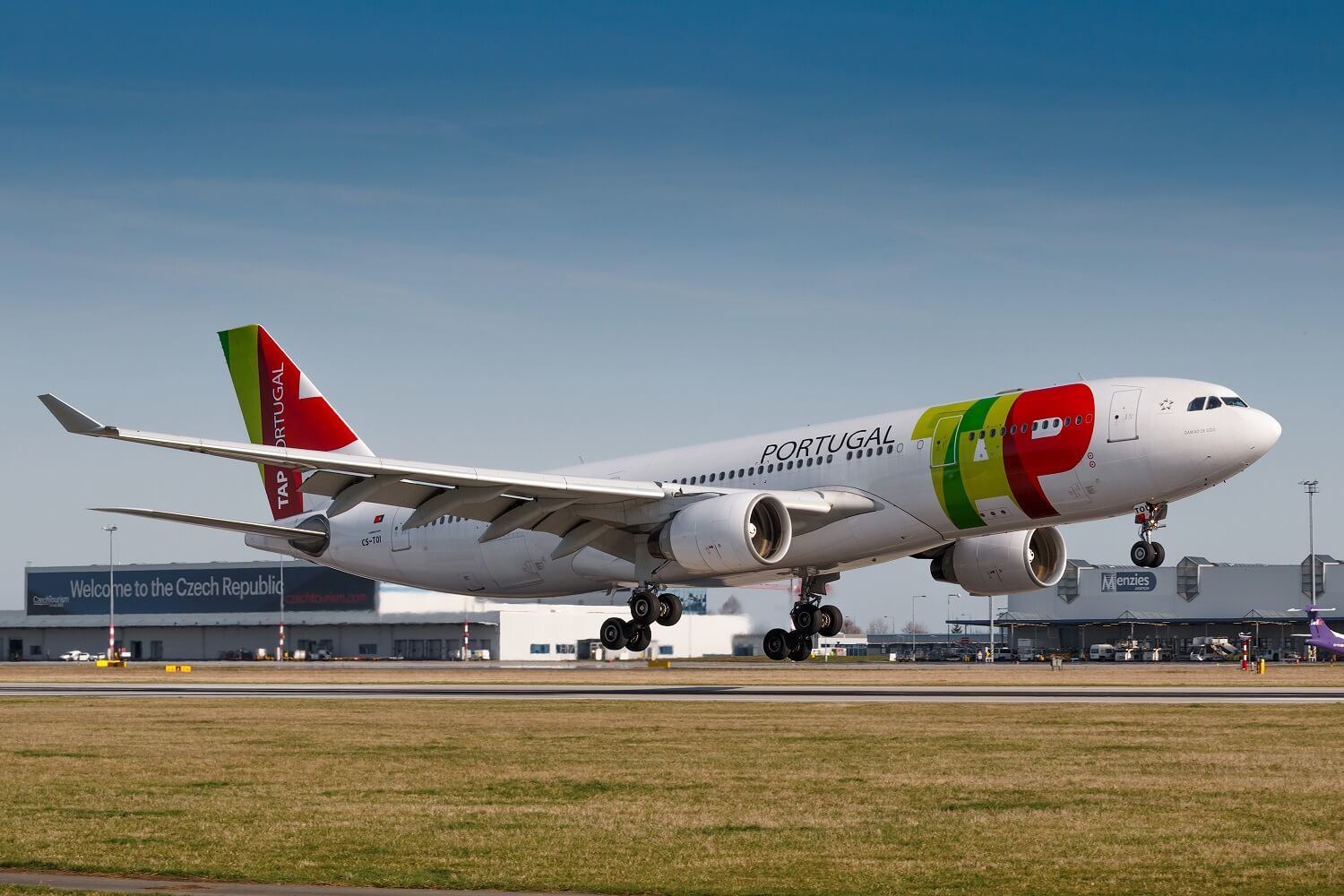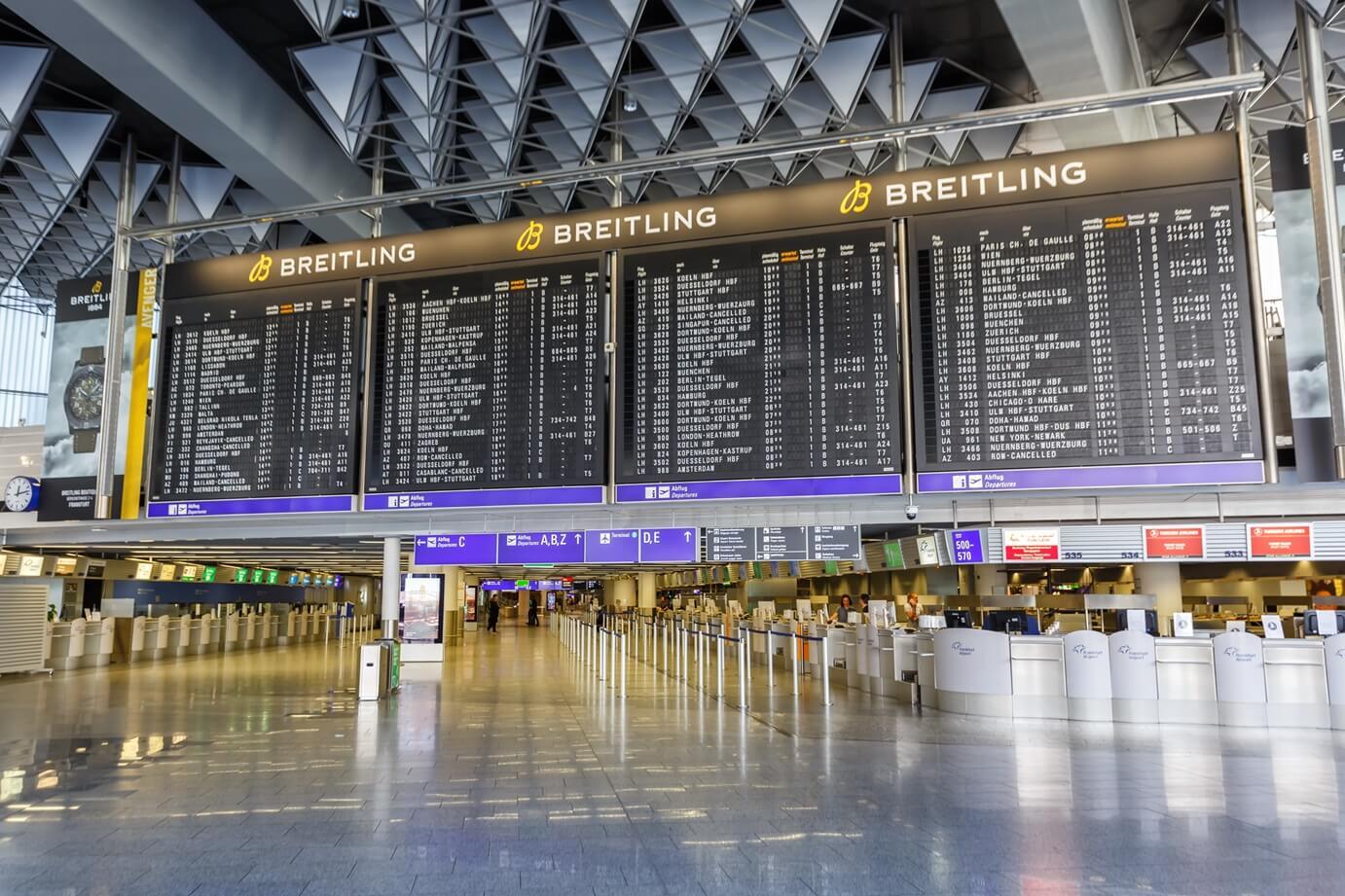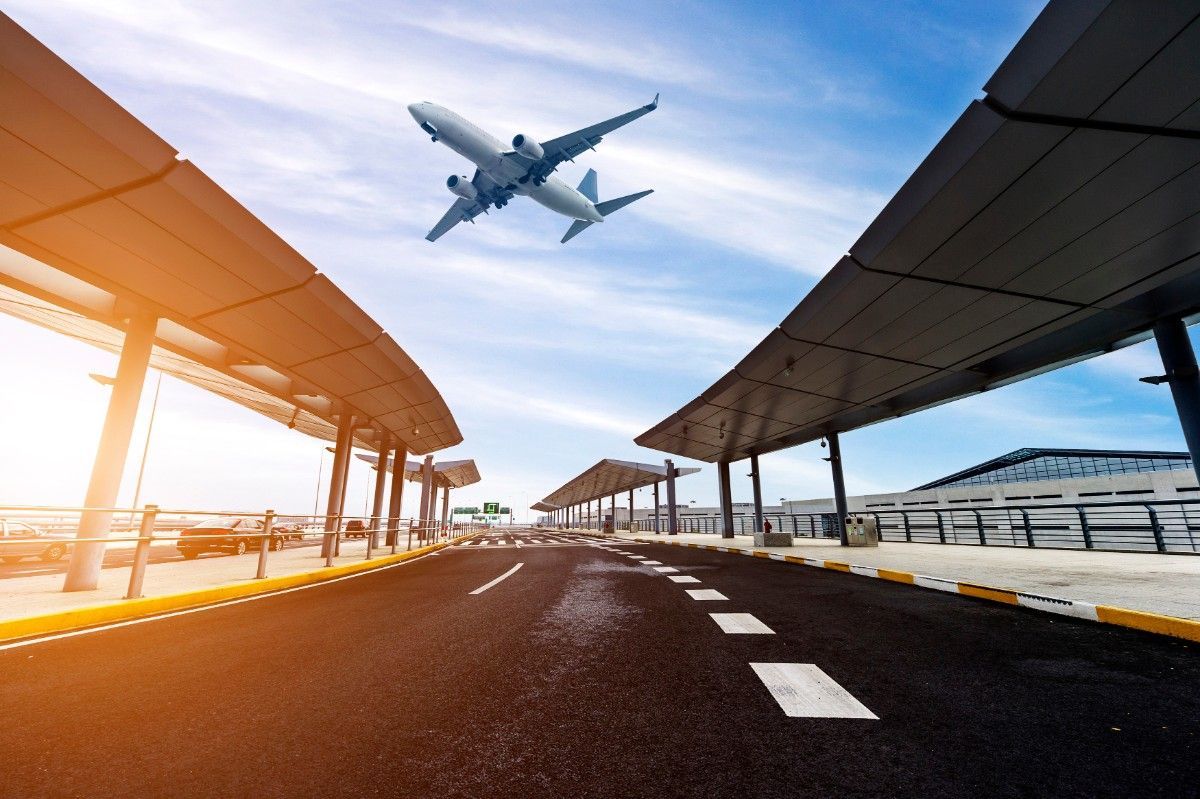Portugal aims to sell stake of airline TAP Portugal at least 51%

Portugal has announced its plans to sell a stake of at least 51% in its national airline, TAP Air Portugal, in an effort to privatize the company. This move comes as part of the country's broader strategy to bolster its economy and reduce state ownership in various sectors.
Privatization efforts for TAP Portugal
Portugal has been actively pursuing a privatization agenda in recent years to reduce the government's ownership in state-owned enterprises. The decision to privatize TAP Air Portugal is in line with this strategy. TAP Air Portugal, like many other airlines globally, faced significant financial challenges during the COVID-19 pandemic, including a sharp decline in passenger demand and revenue. The Portuguese government provided financial support to keep the airline afloat.
Stake sale of TAP Portugal
Portugal is planning to sell a controlling stake of at least 51% in TAP Air Portugal to private investors. The goal is to attract capital and expertise from the private sector to help the airline recover from its financial difficulties and improve its competitiveness. The privatization of TAP Air Portugal is seen as a step toward ensuring the long-term viability of the airline. Private ownership may bring efficiency gains, increased investment, and a stronger focus on profitability.
Market interest and challenges for TAP Portugal
The success of the stake sale will depend on investor interest and market conditions. The government's ability to find suitable buyers and negotiate favorable terms will play a crucial role in the privatization process. Privatizing a national airline involves various challenges, including labor issues, regulatory considerations, and the need to maintain service quality. The Portuguese government will need to navigate these challenges to ensure a smooth transition to private ownership. The sale of a significant stake in TAP Air Portugal could have broader economic implications for Portugal. It may attract foreign investment, create jobs, and contribute to the country's economic recovery.
In conclusion, Portugal's decision to sell a controlling stake in TAP Air Portugal is a significant move aimed at privatizing a key state-owned asset. The success of this privatization effort will depend on various factors, including market conditions and the ability to find suitable investors. It represents a step toward the country's economic goals and the long-term sustainability of its national airline.
Latest posts
Flight delays and cancellations in May 2025
Check which flights were delayed and cancelled in May 2025 – you may still be entitled to claim up to 600 € in compensation.
Could a flight delay cost you your job or career?
Flight delays are not just annoying they can derail careers. See how missed connections impact professional lives.
Can you sue the weather? Legal limits of delay claims
Weather delays frustrate travellers, but can you claim compensation? Exploring legal grey areas in flight disruptions.












